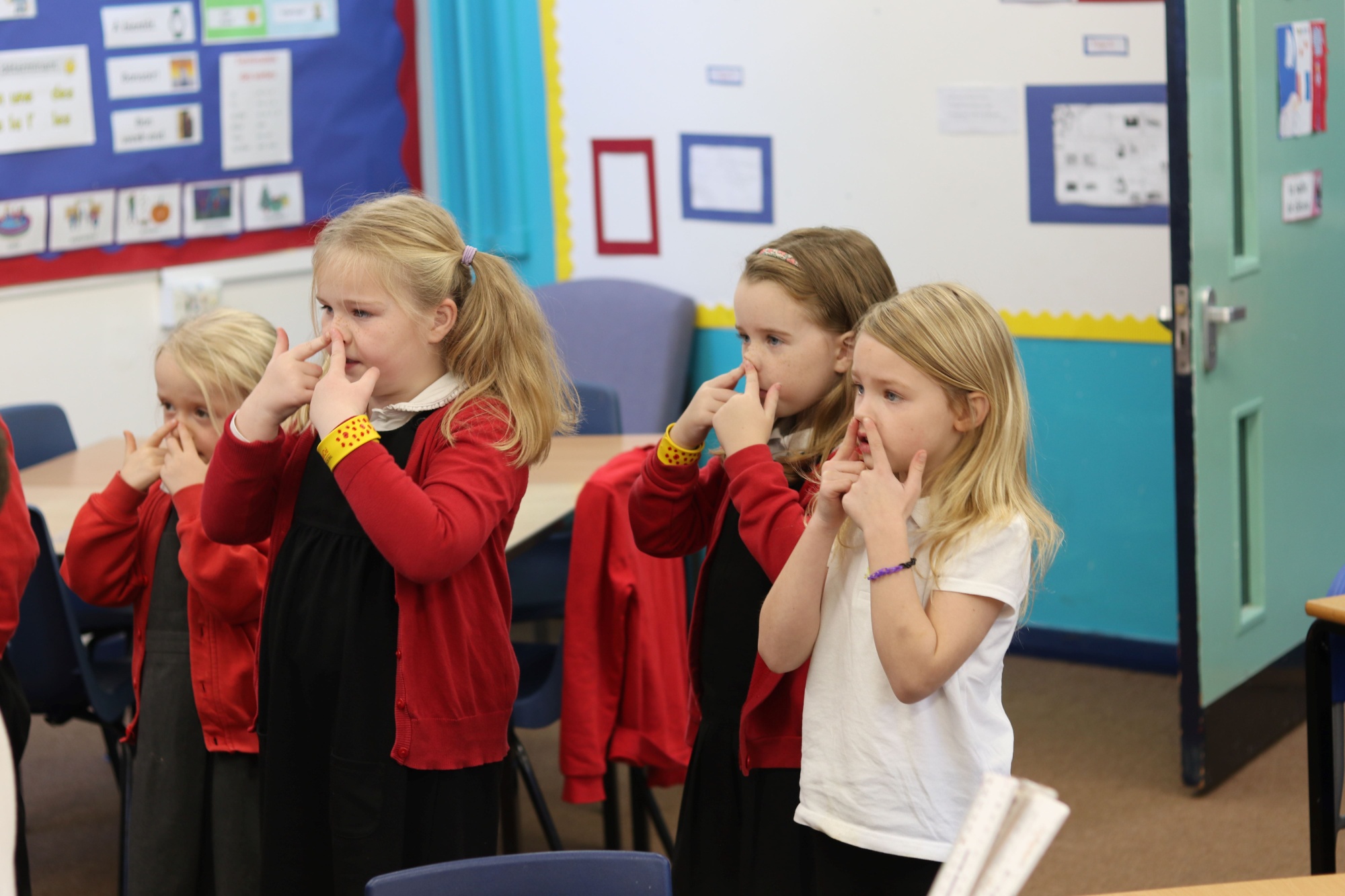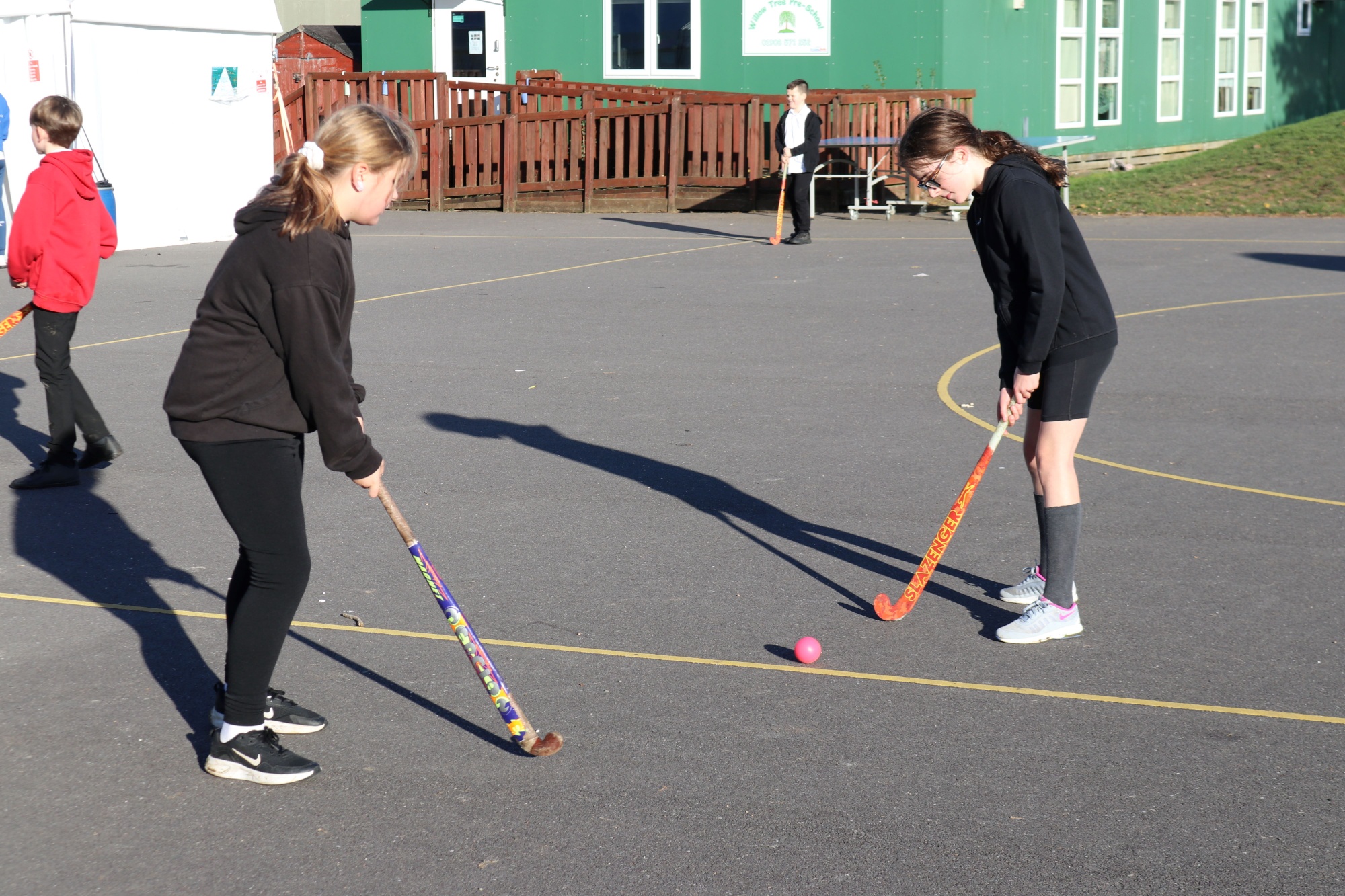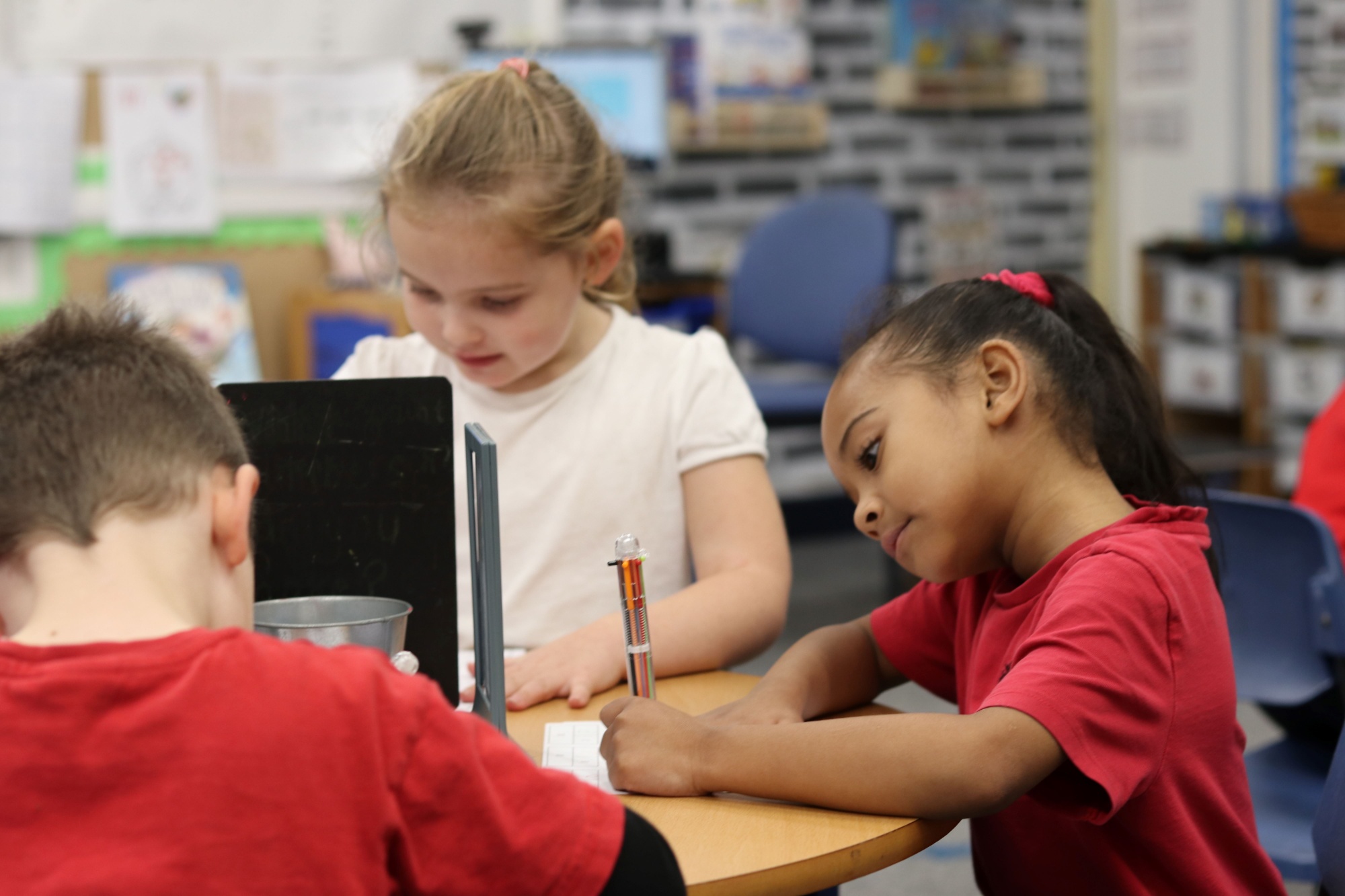Computing
Frequency of sessions: One lesson per week for computing with additional opportunities for the cross-curricular use of ICT at other times.
Please find whole school Computing plan here!
Scheme of Work used: Purple Mash is our main scheme followed to ensure coverage and progression of computing skills and knowledge.
What does computing look like at Deanshanger Primary School?
Scheme of Work used: Purple Mash is our main scheme followed to ensure coverage and progression of computing skills and knowledge.
Frequency of sessions: One lesson per week for computing with additional opportunities for the cross-curricular use of ICT at other times.
The curriculum below demonstrates our expectations: -
Reception : We aim to provide our pupils with a broad, play-based experience of computing in a range of contexts.
Early Years learning environments should feature ICT scenarios based on experience in the real world, such as in role-play.
Pupils gain confidence, control and language skills through opportunities to ‘paint’ on the interactive board/devices or control remotely operated toys.
Outdoor exploration is an important aspect, supported by ICT toys such as metal detectors and walkie-talkie sets.
Recording devices can support children to develop their communication skills. This is especially useful for children who have English as an additional language.
Show an interest in technological toys with knobs, buttons or pulleys, or real objects such as cameras, mobile phones and ipads/android tablets.
Show skill in making toys work by pressing parts or lifting flaps to achieve effects such as sound, movements or new images;
Know that information can be retrieved from computers;
Complete a simple program on a computer;
Use ICT hardware to interact with age-appropriate computer software. Recognise that a range of technology is used in places such as homes and schools;
Select and use technology for particular purposes. Find out about, and use a range of everyday technology. They select appropriate applications that support an identified need- for example in deciding how best to make a record of a special event.
Key Stage 1 outcomes
Understand what algorithms are, how they are implemented as programs on digital devices, and that programs execute by following a sequence of instructions.
Write and test simple programs.
Organise, store, manipulate and retrieve data in a range of digital formats.
Communicate safely and respectfully online, keeping personal information private, and recognise common uses of information technology beyond school.
Key Stage 2 outcomes
Design and write programs that accomplish specific goals, including controlling or simulating physical systems; solve problems by decomposing them into smaller parts.
Describe how Internet search engines find and store data; use search engines effectively; be discerning in evaluating digital content; respect individuals and intellectual property; use technology responsibly, securely and safely.
Use sequence, selection and repetition in programs; work with variables and various forms of input and output; generate appropriate inputs and predicted outputs to test programs.
Select, use and combine a variety of software (including internet services) on a range of digital devices to accomplish given goals, including collecting, analysing, evaluating and presenting data and information.
Use logical reasoning to explain how a simple algorithm works and to detect and correct errors in algorithms and programs.
Understand computer networks including the internet; how they can provide multiple services, such as the world-wide web; and the opportunities they offer for communication and collaboration.
Describe how internet search engines find and store data; use search engines effectively; be discerning in evaluating digital content; respect individuals and intellectual property; use technology responsibly, securely and safely.
Resources
The Computing 'Champion' keeps up to date with the latest technology resources and makes informed decisions about new resources in conjunction with the whole teaching team (working within a horizontal leadership model). A range of resources are available which successfully support the delivery of the computing curriculum and enable all learners to reach their full potential. We have a studio where computer lessons can take place (although the laptops and ipads are often taken into the classroom).
A range of apps and programmes, suitable for primary school age pupils, are accessed, including Purple Mash and the school network. These provide schemes of work and resources for planning and teaching. We also have a green screen in the studio, several Beebots and Kindle tablets.
We are looking into new technologies and opportunities continuously, recently investing in a class set of updated tablet computers, a class set of Micro:Bit devices
Inclusion
At Deanshanger Primary School, we aim to enable all children to achieve to their full potential. This includes children of all abilities, social and cultural backgrounds, those with disabilities, EAL speakers and SEN statements and non-statemented. We place particular emphasis on the flexibility technology brings to allowing pupils to access learning opportunities, particularly pupils with SEN and disabilities.
Digital Leaders
Digital Leaders emerge with the other responsibilities developed in Year 6. Digital Leaders are aware of the importance of their role, supporting staff with day-to-day good practice when it comes to equipment, supporting other pupils, and meeting to suggest improvements based on the opinions of children in the school. Digital Leaders are seen as ambassadors for the subject and are called upon to attend inter-trust meetings where they celebrate computing with children from GUP schools.
Internet Safety
We promote safe and responsible use of the Internet through teaching (it is embedded in the curriculum from the earliest stage in school) and also events (such as Internet Safety Week) and assemblies. We undertake training wherever possible to keep ourselves updated and our approach refreshed. We keep parents informed via the school newsletters and information evenings.
For more information about internet safety, please visit these external sites:
Parents and carers | CEOP Education (thinkuknow.co.uk)
Parents and Carers - UK Safer Internet Centre
Keeping children safe online | NSPCC
For further information about supporting healthy amounts of screen time at home, please find the following very useful guides - Key Stage 1 Key Stage 2




